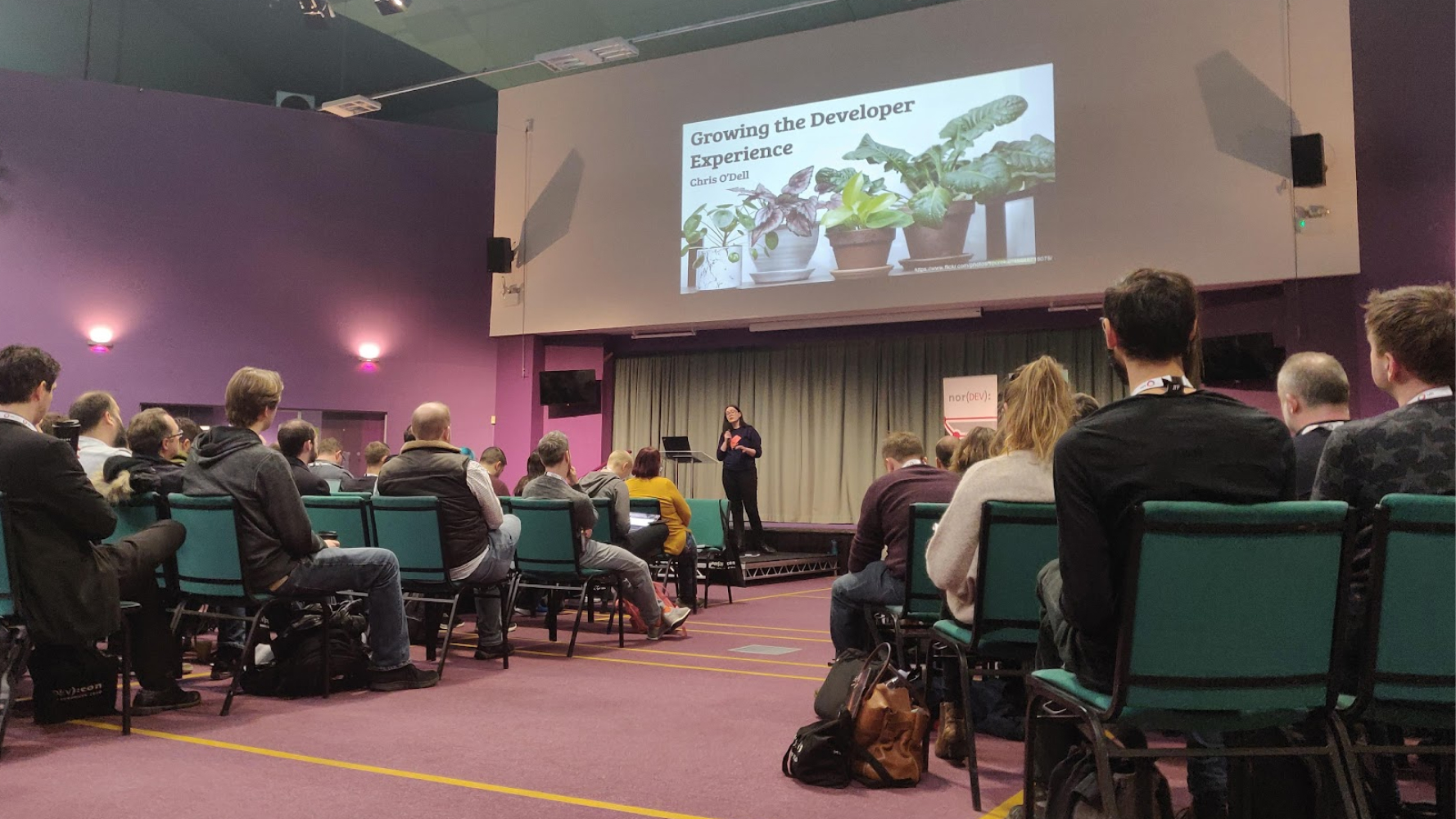The future works
by Celina Bledowska, on 13 June 2022
Keynote speaker and specialist in work-place innovation and optimisation, Rokker People’s Jim Marshall, spent some time talking to us about the future of work – providing us with real-world solutions rather than just abstractions.
The nuts & bolts
Having worked with the tech sector for many years, Jim explains:
We work across a range of industries and geographies and with companies of all sizes, from start-ups through to fortune 250 businesses; the common themes are: we tend to deal with c-suite stakeholders who want to dramatically scale or improve their people strategy. These companies are predominantly in the tech-sector…although it could be argued that every business on the planet these days is a tech company in one way or another!
What is success?
Jim explains, “success is about identifying the goals or desired direction of travel for a client company, and then designing a contextual, optimal journey to meet that state”. This is where Rokker’s ‘Design Thinking’ approach comes in, treating each corporate and people brief as a design challenge which requires research, ideation, planning, execution and measurement – supported by a range of in-house tools such as the PRISM methodology seen on the Rokker website.
Jim says “this process is very agile, and specifically designed to align to language within tech companies, instead of MVPs we have MVIs (Minimum Viable Initiatives) for example. The agile framework is also very good at handling corporate change, similar to a development project, it allows us to prioritise and reprioritise based on customer, stakeholder or market influences. I am sure many in nor(DEV) will recognise this language”:
The people lens
Most organisations are subject to persistent change. Jim is surprised that through these major transformations how comparatively little time and attention is spent addressing the very pertinent question - “how are these changes going to affect our people?” Jim feels that one of the biggest business failings is “inadequate comms.” Organisations that start with a collective ‘how are we going to work through this together?’ and ‘what are our roles going to look like in the new world?’, fair so much better than those that have impressive people slogans and collateral, but put little effort into understanding the motivations of their wider team(s).
The autonomy to think
Allowing staff the freedom to think is a good start. Jim talked about the importance of giving colleagues the time and space to think and then the “autonomy to act.” Don’t follow siloed options, but “in a knowledge based economy, it’s so inefficient to run a business with a top down hierarchy - sadly this is all too common, akin to Victorian mill owners.”
Exploring the future
Jim highlights that there is room for hope. The pandemic unraveled a whole range of working options. His mantra at that time was, “I hope we don’t forget all of this.” … ”However, I know we have short memories and the crowd mentality rarely follows logic.”
“There is a massive difference between companies that have been designed digital first and remote first and the approach here is often energising.” However, a lot of organisations that were built ‘premises first’ are struggling with the hybrid era. The problem is not the office working or the remote working, the difficulty is an ideology momentum that is based around control and hierarchy not empowerment and outcome.
Explore more about the future of work by attending Jim’s keynote at 09.30 on 17th June.
 The eastern region's biggest tech conference
The eastern region's biggest tech conference
Join us for the incredible line-up on the 25-27th February 2026
Get your ticketSee the schedule